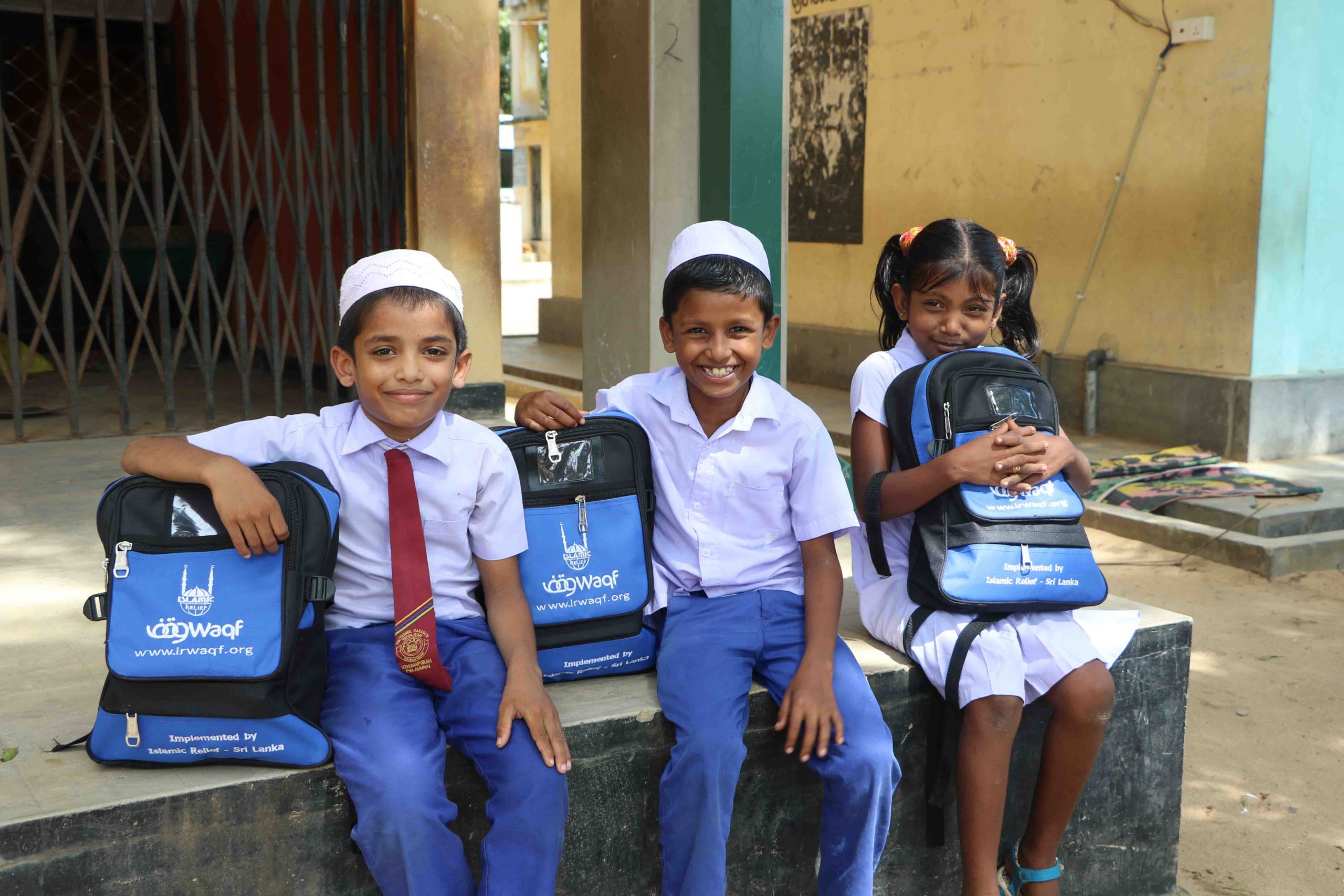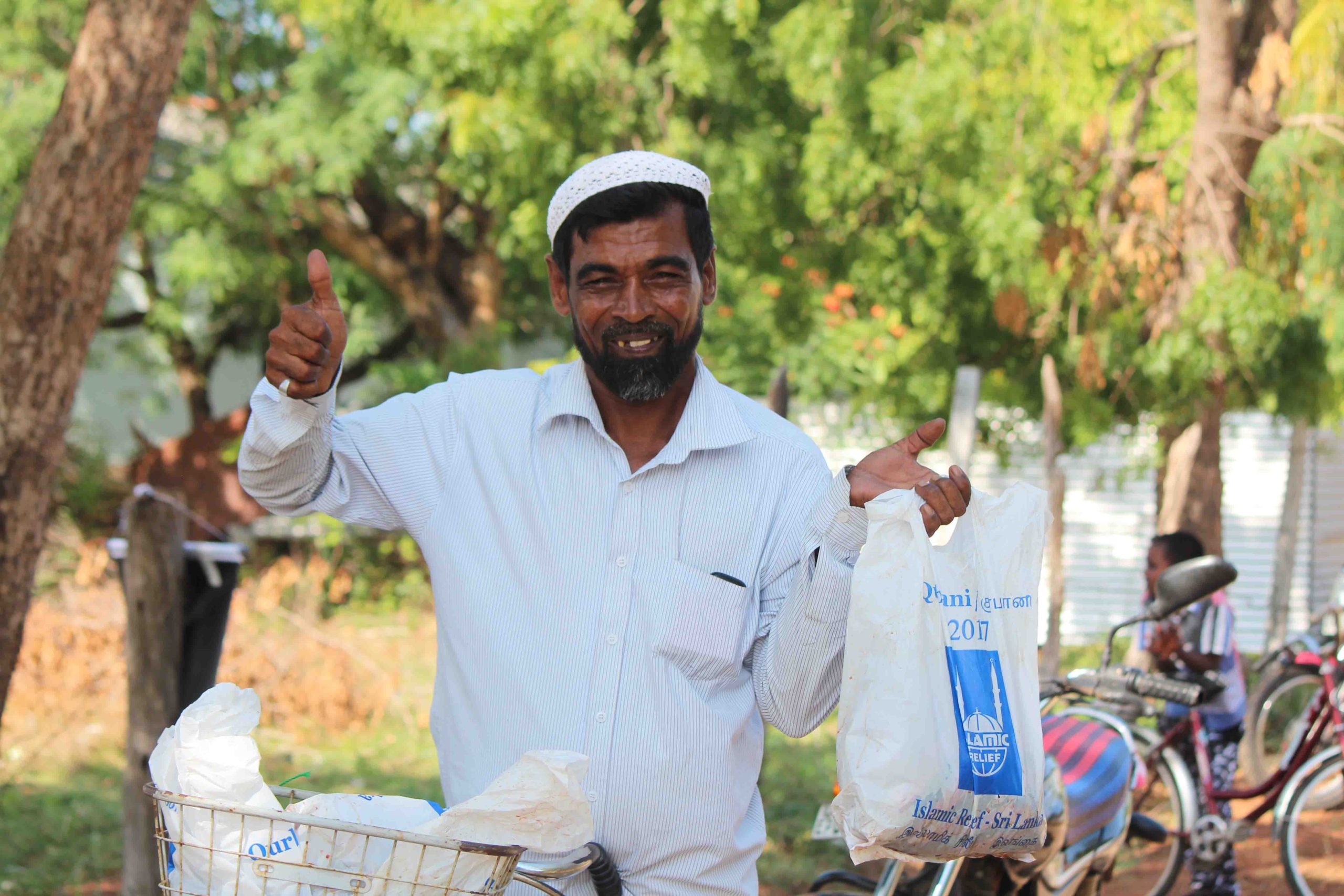On 26th December 2004, Sri Lanka was struck by one of the worst natural disasters of the century. An undersea earthquake in the Indian Ocean created a powerful tsunami that killed tens of thousands of people and destroyed houses, local infrastructure, and the natural ecosystem. Many of those who survived found that they lost their means of livelihood.
Sri Lanka remains vulnerable to tsunamis, droughts, and floods, but also faces high levels of food insecurity. 1.2 million people are suffering the effects of drought and around a third of the population – roughly 7 million Sri Lankans – cannot afford an adequately nutritious diet.
For many families across Sri Lanka, life is challenging:
- 7% of the population live below the national poverty line (Asian Development Bank, 2012)
- 1 in 5 young people are unemployed – including over 1 in 4 young women (ILO, 2017)
- 22% of the population are malnourished (World Food Programme, 2017)
- On average, children leave school three years earlier than expected (UN Human Development Reports, 2016)
Islamic Relief in Sri Lanka
Islamic Relief began working in Sri Lanka in response to the Tsunami disaster, focusing on Ampara, one of Sri Lanka’s worst affected districts, providing emergency food to survivors. The attention quickly turned to helping people recover from the devastation, and a few weeks later, Islamic Relief engineers began building temporary shelters and digging wells to meet the needs of the people whose lives had been utterly destroyed.
Following the emergency phase, the focus turned to long term sustainable development projects, through the building of permanent homes in Kalmunai Tamil and helping people recover their livelihoods and thus return to being able to support themselves.
On a seasonal basis, we additionally continue to offer Ramadan and Qurbani aid to assist impoverished malnourished families across the region.
In addition to the above activities, one-to-one orphan sponsorship program was launched in Sri Lanka to support the many children that became orphans due to the Tsunami.

